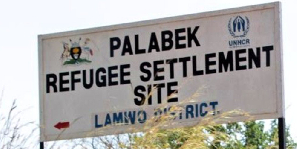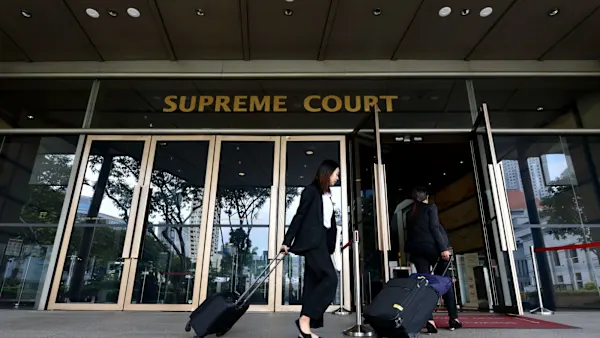By Ghana News
Copyright ghanamma

Grief has engulfed South Sudanese refugees at Palabek Refugee Settlement Camp in Palabek-Ogili Sub-County, Lamwo District, after a lightning strike killed two refugees and left two others critically injured.
The deceased were identified as Ms Martha Ibalu, 50, a resident of Zone 7, Block 6, and Ms Tereza Eyei, 28, a resident of Zone 4, Block B. They were killed on Sunday afternoon while sheltering from a storm.
Reports indicate that the two women had gone to a nearby bush to burn charcoal when tragedy struck. They had sought shelter under a tree when they were hit by lightning.
Their bodies were taken to Puluda Health Centre III for post-mortem examination.
Two other victims, Mr James Lokiek, 39, a resident of Zone 4, Block 8, and Ms Elizabeth Amuna, 35, a resident of Zone 7, Block 6, survived but sustained serious injuries. They are receiving treatment at Paluda Health Centre III.
The September 28 incident brings the number of South Sudanese refugees killed by lightning strikes since November 2024 to 16, with 36 others injured.
On November 3, 2024, at about 5:30 pm, 14 refugees, 12 children and two adults, died after they were struck by lightning while seeking shelter from the rain at a UN World Food Programme (WFP) food distribution centre in Zone 8, Block 2. Another 34 were seriously injured in that tragedy.
Mr Joe Oloya, the Aswa East Region Police spokesperson, said the victims in Sunday’s incident were caught in the rain while in the bush.
“It is alleged that on September 28, 2025, at around 4 pm, the victims went to Ajaogala village to burn charcoal. After a while, it started raining and they took cover under a tree where lightning struck them, two died on the spot and two survived,” he said in a statement issued Tuesday evening.
He added that police detectives are investigating a case of sudden death by lightning.
With the threat of thunderstorms still looming, the Uganda National Meteorological Authority (UNMA) has urged Ugandans to avoid using mobile phones during storms to reduce the risk of lightning strikes.
According to UNMA, the electric circuit in a mobile phone could attract lightning. The authority has issued the warning to help the public minimize risks.
Dr Bob Alex Ogwang, the Executive Director of UNMA, further advised Ugandans to put contingency measures in place to reduce the loss of life from such natural disasters.
Lightning is a powerful natural phenomenon caused by electrostatic discharges between charged regions in clouds or between clouds and the Earth, producing intense light and sound.



